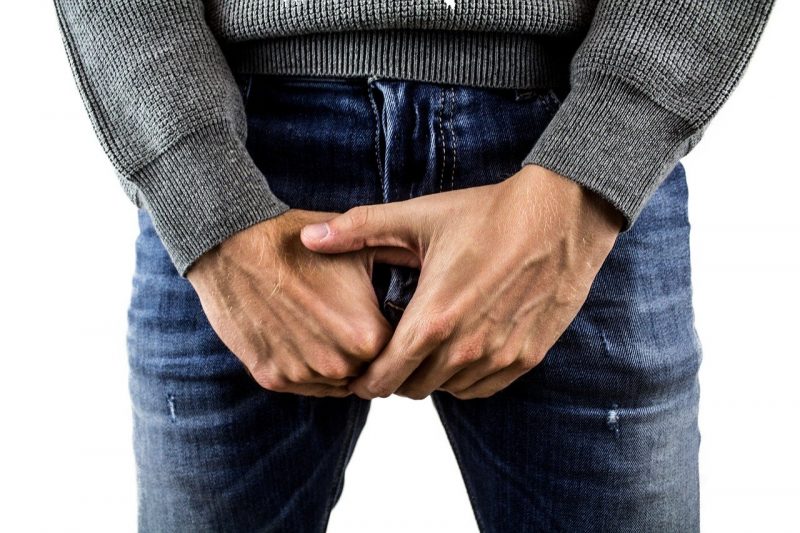We hear a lot about what a bad or unhealthy relationship can look like – but how do you tell if you’re in a good relationship?
If you’re worried that you or a friend is in an unhealthy relationship, here’s a handy list of questions to think about. Try to be as honest as possible when answering each one. If you feel a little squirm of anxiety in response to any of these points, don’t ignore it! That’s your body’s way of letting you know something’s up.
Healthy relationship checklist
Do you have complete trust in each other?
Do you share mutual interests?
Do you enjoy spending time together and having a laugh?
Have you found your ‘equilibrium’ – a good balance between time spent as a couple, and time alone or doing your own thing with friends?
Do you feel a connection and common understanding between you?
Do you feel you work well together as a team, and do you want the best for each other?
Do you communicate openly and honestly with each other?
Do you feel the interest and effort goes both ways and isn’t one-sided?
Do you feel able to discuss what you like and don’t like about the relationship, and have the big difficult conversations together?
Does the relationship feel unpressured and unforced?
(Thanks to the BBC for this excellent checklist)
If you’re not sure about any of these, it might help to talk through each point with a non-judgemental friend. Ask them to help you explore the questions in a way that makes you feel secure and supported.
Supporting a friend
You might have a friend who’s in a relationship that’s making you worry. That can put a lot of pressure on you, so remember to look after yourself too.
A good way to support your friend is to make sure they know that you’re available if they ever want to talk about it. Try to be as open and non-judgmental as possible, and avoid telling your friend what to do. If someone’s in a controlling relationship, they are likely already experiencing low self-esteem or feeling like they can’t make their own decisions, so they will value having someone they can freely explore their feelings and options with.
However, try not to take on too much responsibility. All you can do is be ready to help if your friend needs and asks for it.
Other support
- How to communicate in relationships
- Abuse comes in all shapes and sizes
- Stylist – ‘Green flags’ to look out for in a relationship
- Relate – Thinking about splitting up
- Relate, a relationship support charity, offer counselling for young people here
Thank you to our friends at the charity Tender for their help in putting this article together.
Read more
Last reviewed 6 July 2023
Image Credit: Abbat via Unsplash



